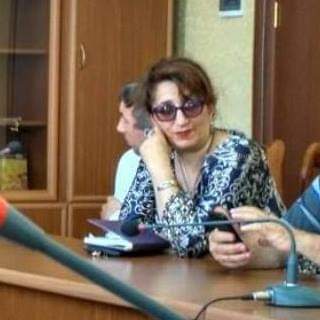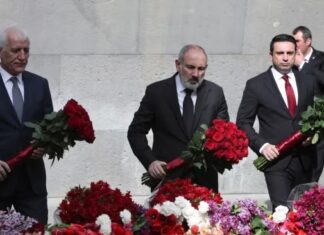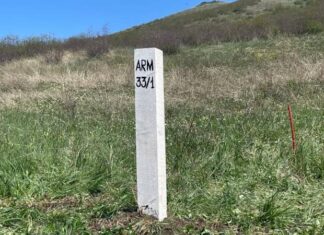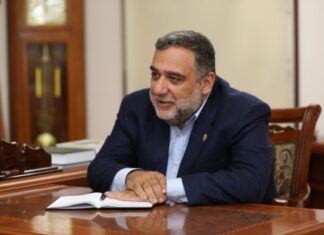By Nune Arakelyan
Residents of Nagorno-Karabakh (Artsakh) have experienced so many days of blockade that choosing one of these days and describing it is a relatively complex task.
One day at the beginning of the blockade, together with other city residents, you frantically stormed supermarkets and stocked up on provisions. Another day in the middle of the blockade, the Red Cross started delivering food and medicine through the blocked Lachin corridor, and the authorities introduced a rationing system, and life began to take on relatively bearable contours. And now, there is one day, when the blockade has taken on a total and exhausting character — these are completely different days. One day during winter, the relentless pursuit of essential goods is coupled with the tormenting effort to heat homes in the absence of gas and regular electricity blackouts. The threat of hunger gives way to the threat of being left without warmth and light. And another day during summer, it’s warm and sunny, and the soul longs for fruits and vegetables, but their delivery to the city has become nearly impossible due to the lack of fuel — this is also a different day.
Despite the differences between these various days of the blockade, there is a common thread for people of my generation and older. It’s the persistent feeling of déjà vu because this is already the second blockade we have experience. The first blockade began in the late 1980s and ended in the early 1990s.
When discussing those days with colleagues, neighbors, and relatives, and comparing the previous blockade to the current one, we constantly use the question: “Do you remember?” And we admit that back then, things were worse because regular shelling and airstrikes were added to complete isolation, the absence of food, water, gas, and electricity.
What is a typical day of the blockade? Probably, for more than 120,000 Armenians who remain living in Artsakh, each day is different. For those who have chronically ill or young children in their families, it is undoubtedly more challenging.










